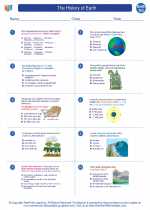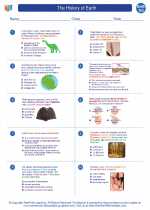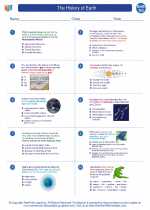Wave-Particle Duality
Wave-particle duality is a fundamental concept in quantum mechanics that describes the dual nature of particles, such as electrons and photons. This concept suggests that particles exhibit both wave-like and particle-like properties under different conditions.
Wave-Like Properties
When particles such as electrons and photons are observed in experiments involving interference and diffraction, they exhibit wave-like properties. This means that they can interfere with each other and diffract, producing patterns similar to those observed in classical wave phenomena.
Particle-Like Properties
On the other hand, particles also exhibit particle-like properties when they are observed in experiments involving the photoelectric effect and the Compton effect. In these experiments, particles behave as discrete, localized entities, similar to classical particles.
Study Guide
Here are some key points to help you understand wave-particle duality:
- Historical Development: Understand the historical experiments and theories that led to the development of the wave-particle duality concept, such as the double-slit experiment and the photoelectric effect.
- Mathematical Formulation: Familiarize yourself with the mathematical formulations of wave-particle duality, such as the de Broglie wavelength and the wave function in quantum mechanics.
- Experimental Evidence: Study the experimental evidence that supports the concept of wave-particle duality, including interference patterns in double-slit experiments and the quantization of energy in the photoelectric effect.
- Applications: Explore the practical applications of wave-particle duality in modern technology, such as electron microscopy, quantum cryptography, and photovoltaic cells.
- Challenges and Interpretations: Consider the challenges and interpretations of wave-particle duality, including the wave function collapse and the role of observation in quantum phenomena.
By understanding wave-particle duality, you will gain insight into the fascinating and counterintuitive nature of quantum mechanics, which has revolutionized our understanding of the microscopic world.
.◂Earth Science Worksheets and Study Guides High School. The History of Earth

 Worksheet/Answer key
Worksheet/Answer key
 Worksheet/Answer key
Worksheet/Answer key
